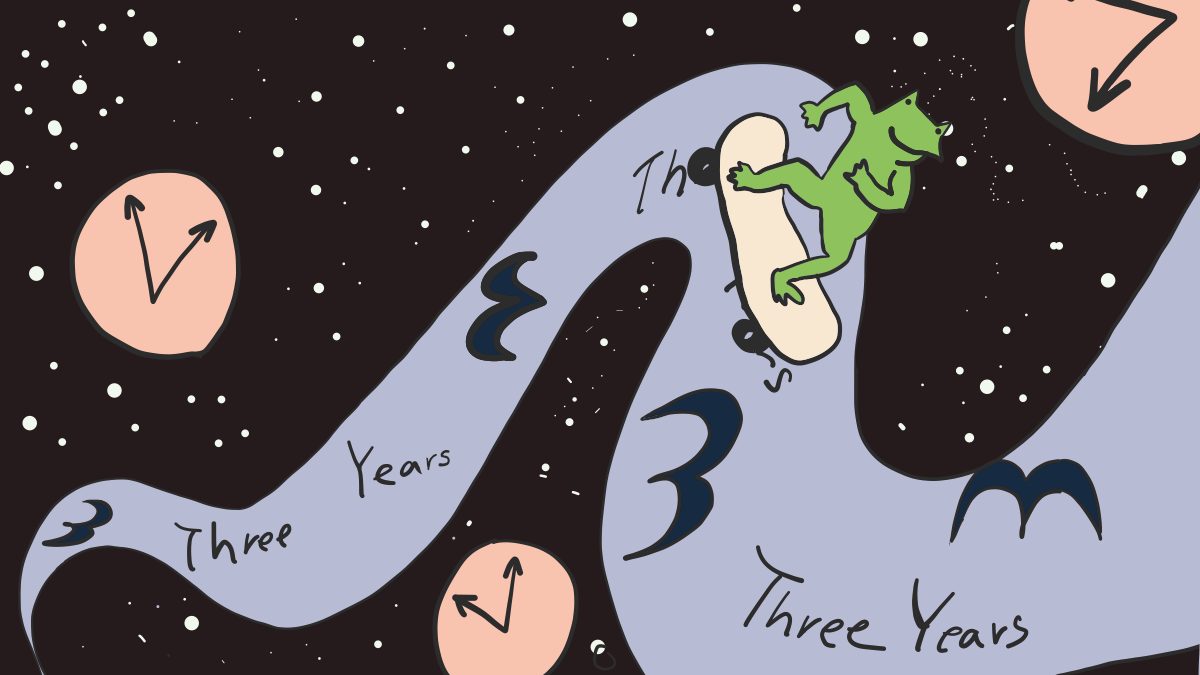
A traffic accident victim has a legal right to claim compensation to an at-fault party. The extinctive prescription for claiming compensation is three years. Requesting payout of insurance also has three years of extinctive prescription. Both are supported by the Japanese law: Civil Code and Insurance Act.
Civil Code
Article 724: The right to demand compensation for damages in tort shall be extinguished by the operation of prescription if it is not exercised by the victim or his/her legal representative within three years from the time when he/she comes to know of the damages and the identity of the perpetrator. The same shall apply when twenty years have elapsed from the time of the tortious act.
Insurance Act
Article 95 (1): The right to claim an insurance payment, the right to claim a refund of insurance premiums and the right to claim a refund of a premium reserve prescribed in Article 63 or Article 92 shall be extinguished by prescription if they are not exercised within three years.
Initial date in reckoning
Extinctive prescription for claiming compensation is three years. Then, what is the initial date in calculation? The answer depends on the types of traffic accidents.
| Accident type | Initial date of reckoning |
| Fatal Accident | The date when the victim was dead |
| Human Injury Traffic Accident | The date the accident happened |
| When a victim is left with Residual Disability | The date when his residual disability was certified by GIROJ |
Suspension of prescription
Extinctive prescription suspends in the following occasions:
・When the other party agree to pay compensation
・When the other party verbally suggests the amount of compensation
・When the other party suggests the amount of compensation by paper
So even if you and the other party cannot settle the case within three years since the accident happened, you don't have to worry about three years' prescription as long as you and the other party continue to communicate about the compensation.